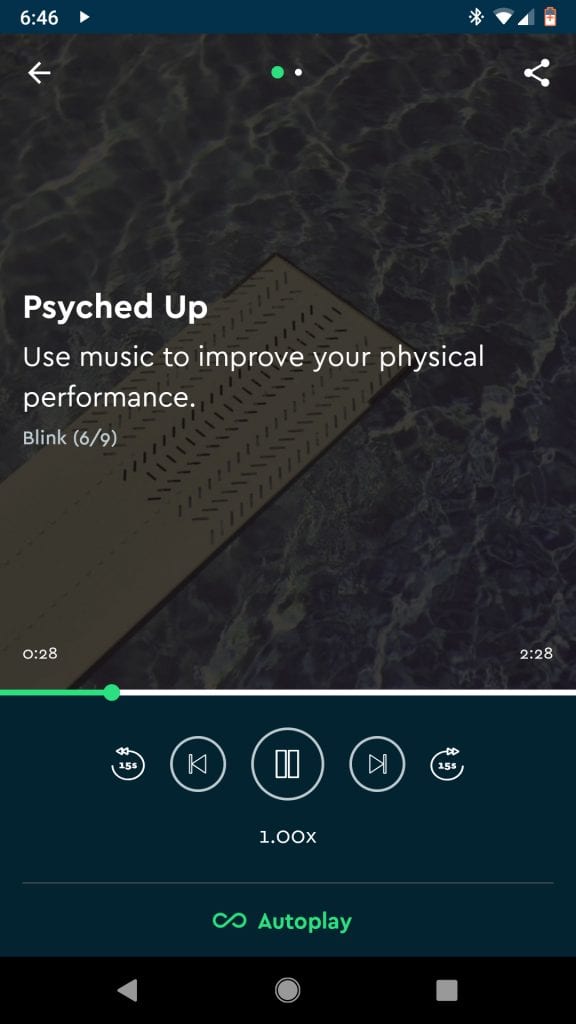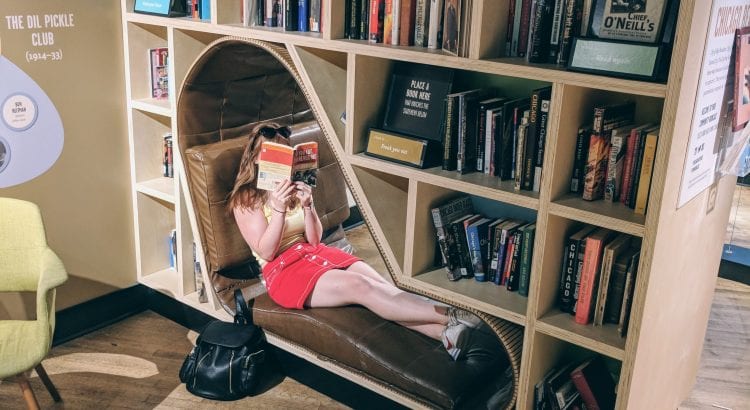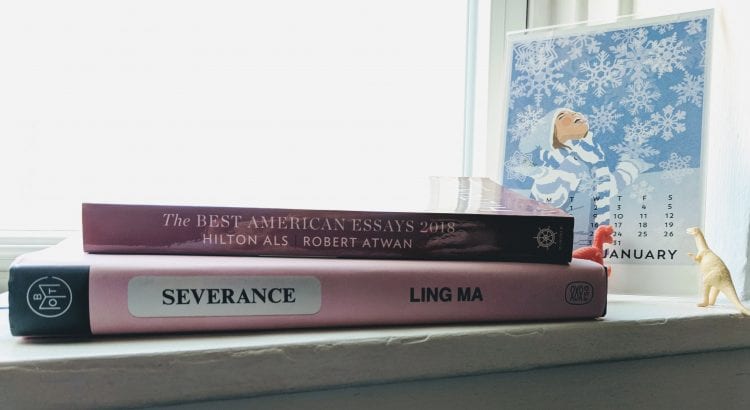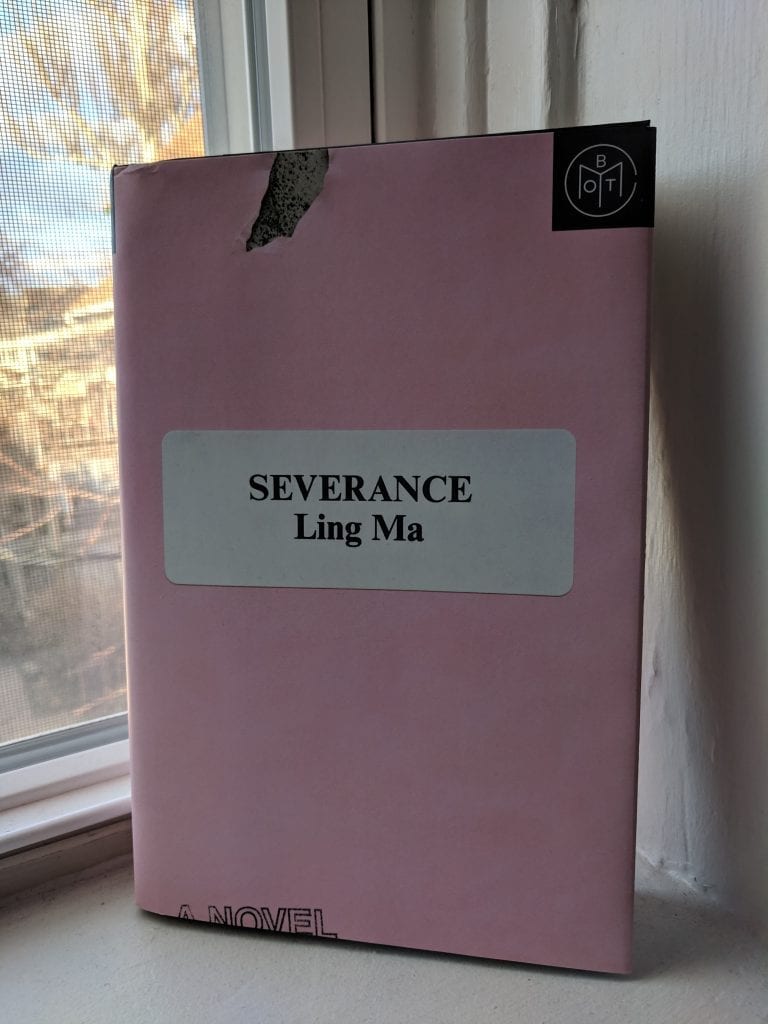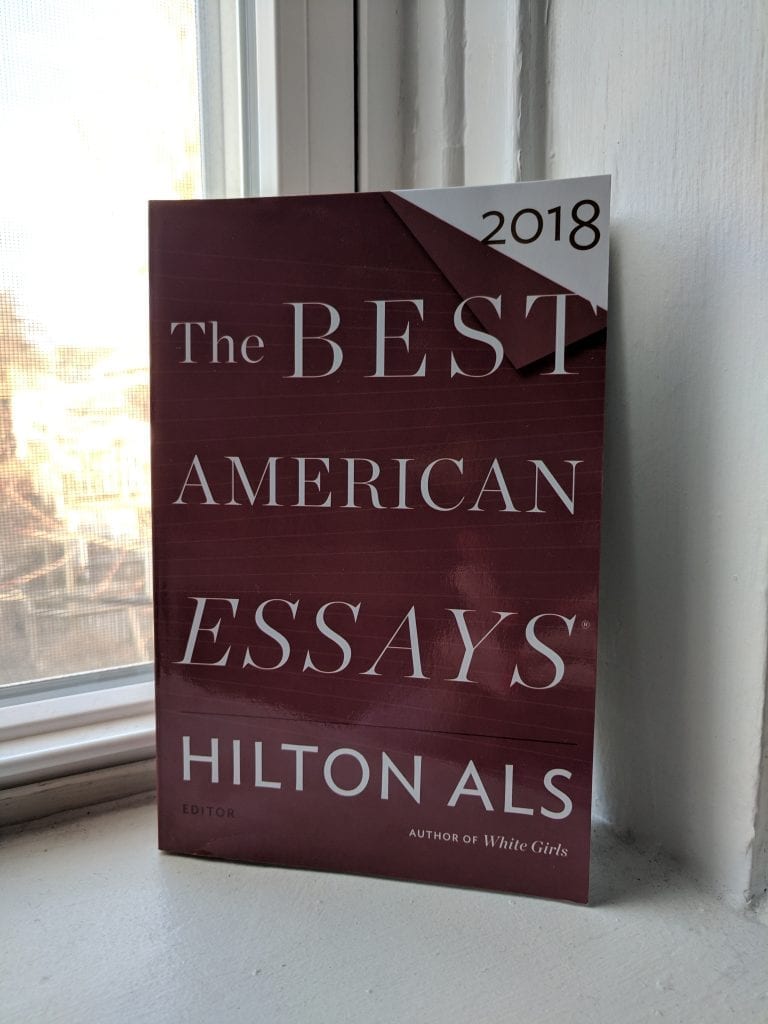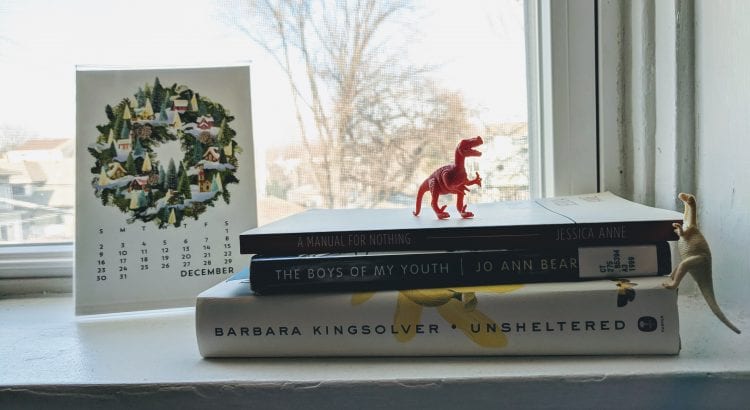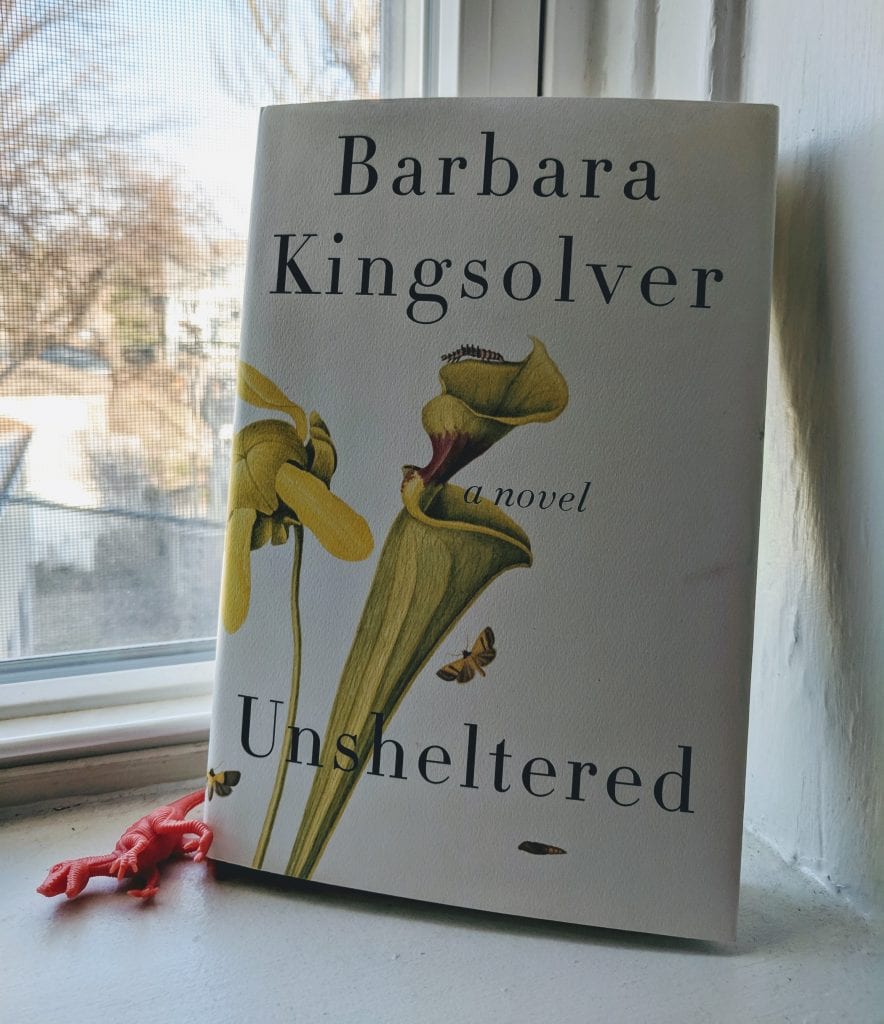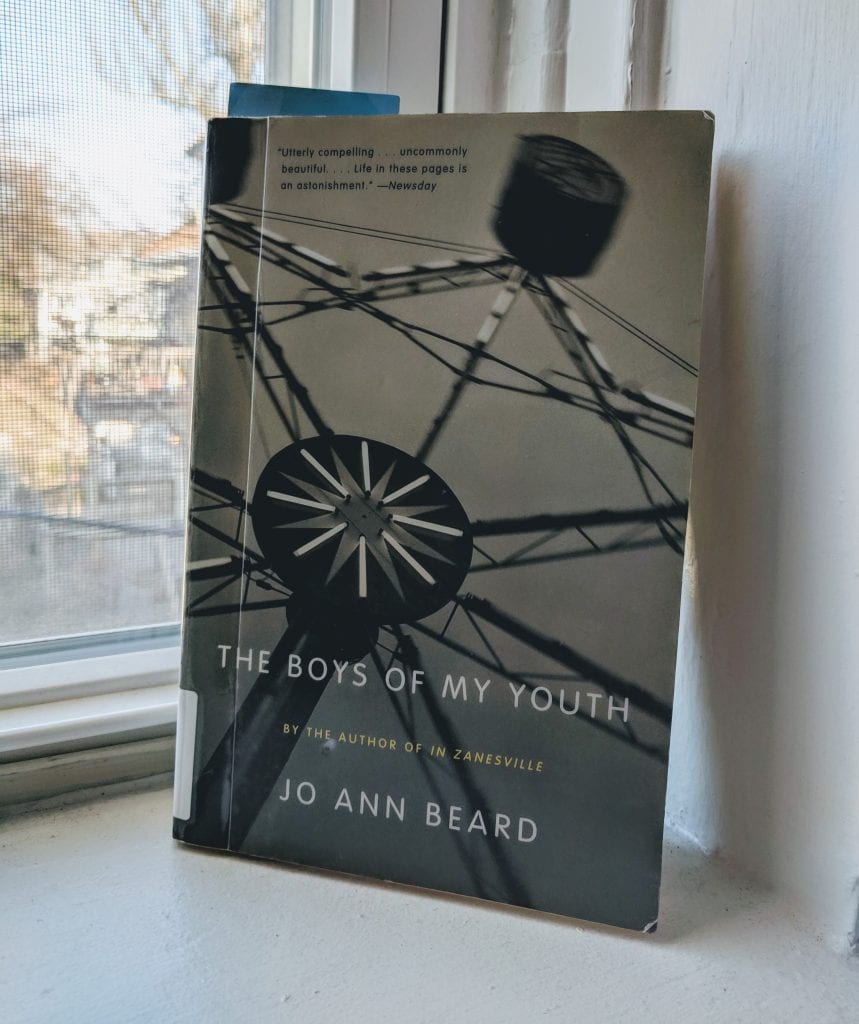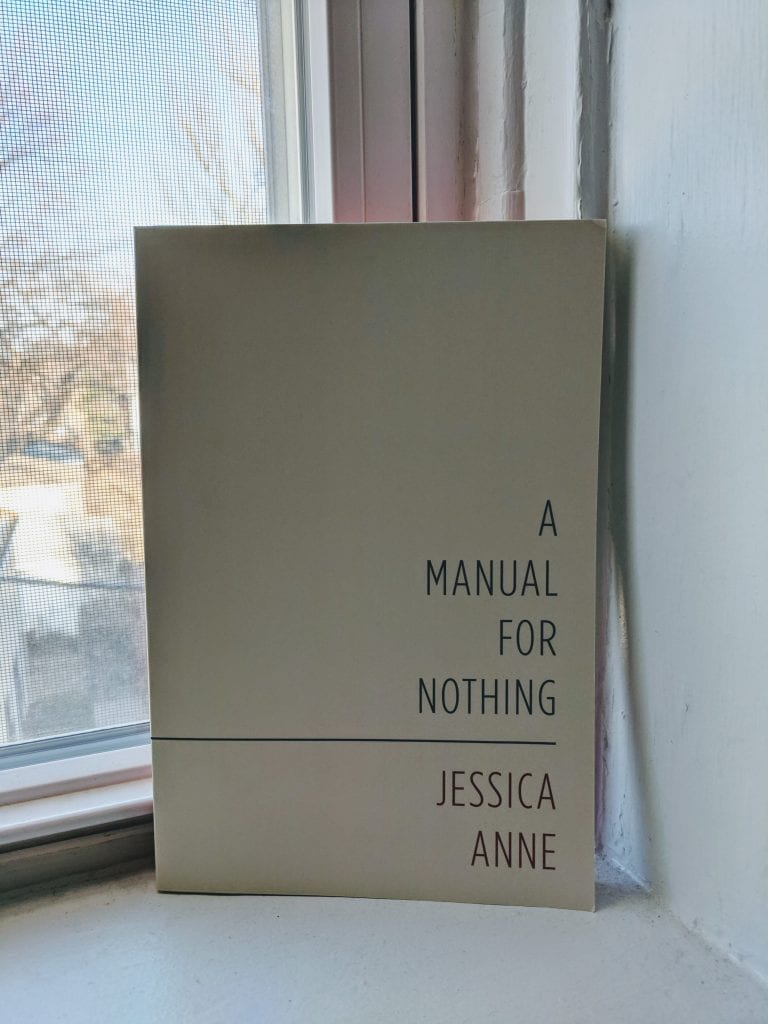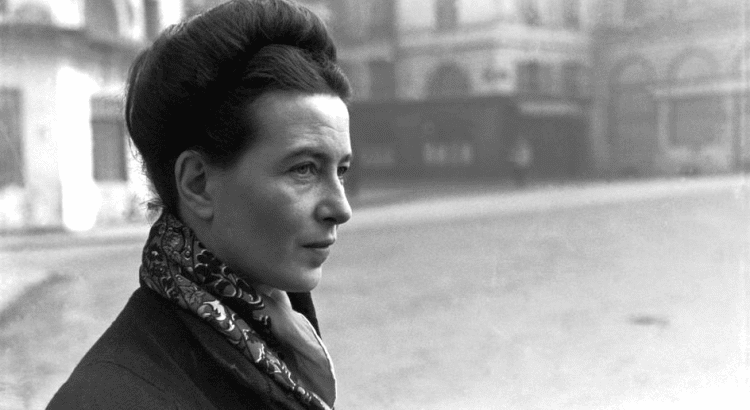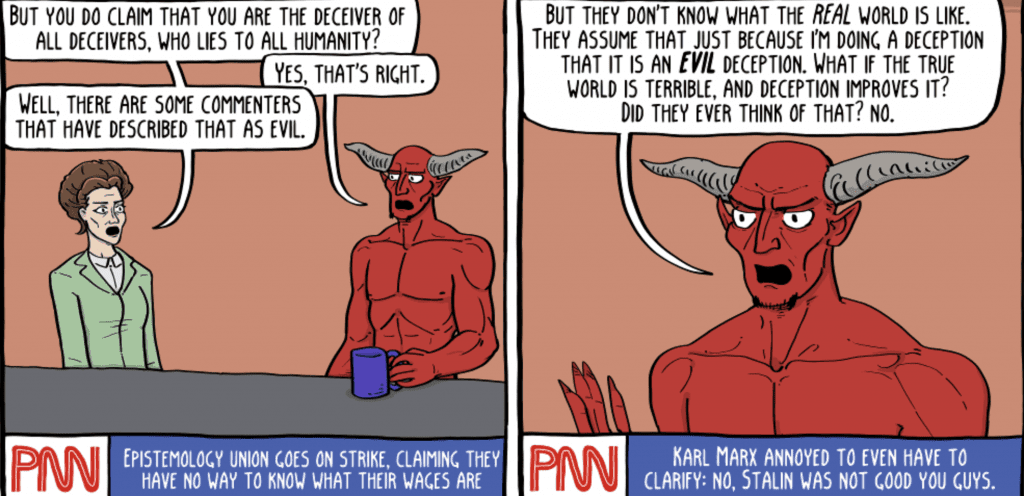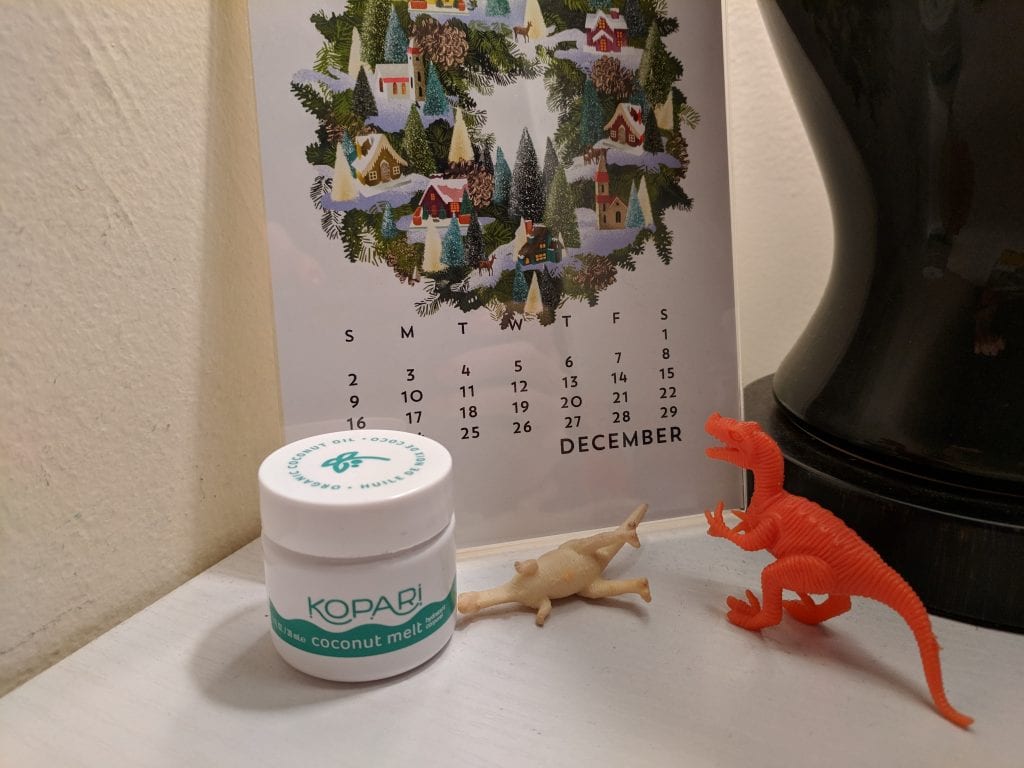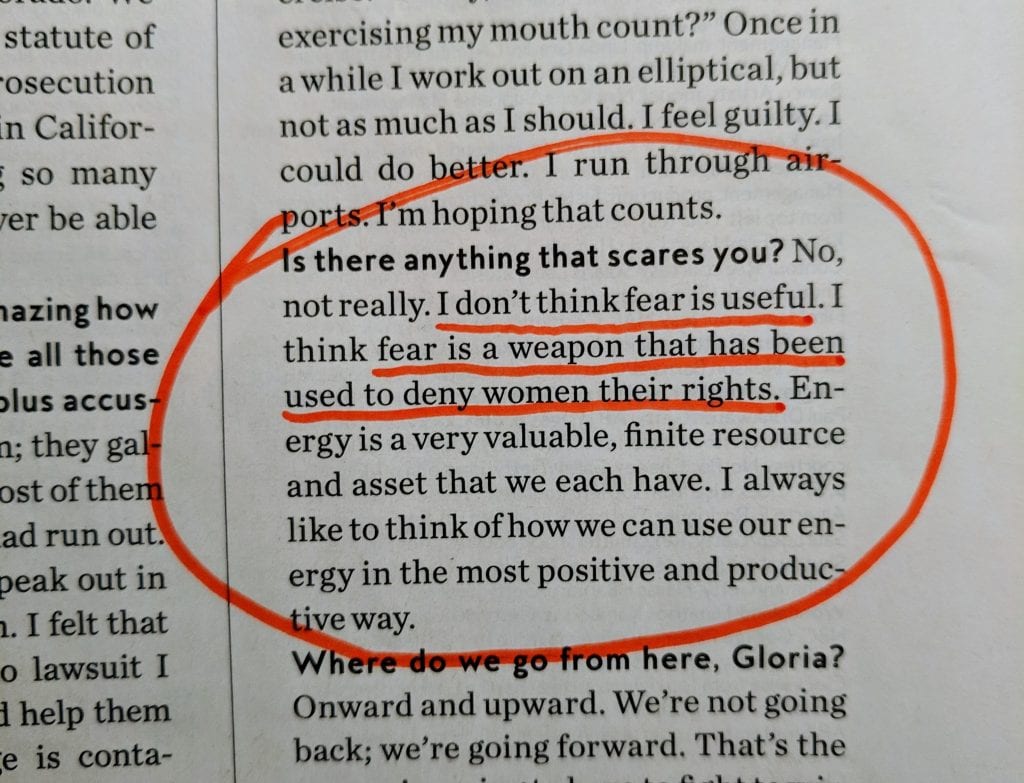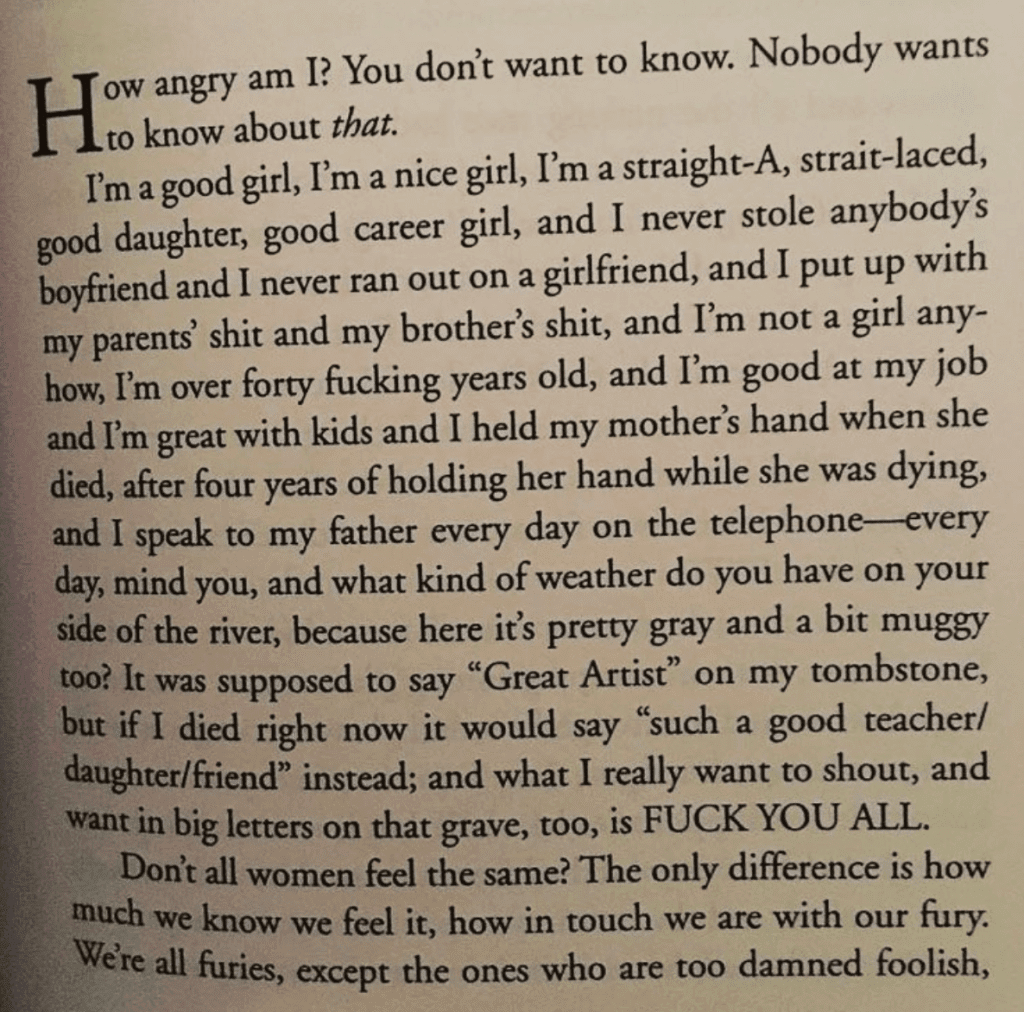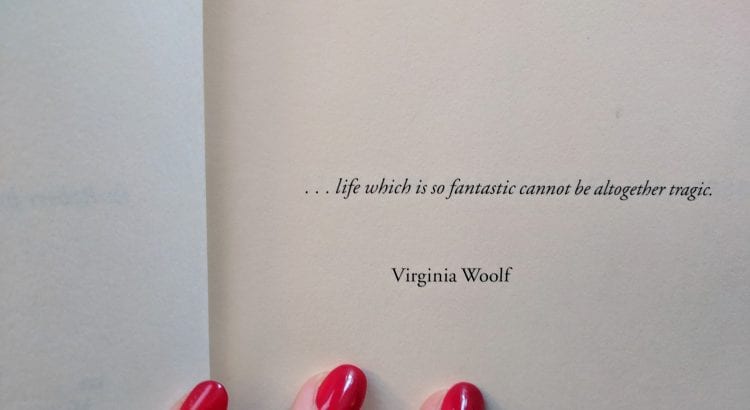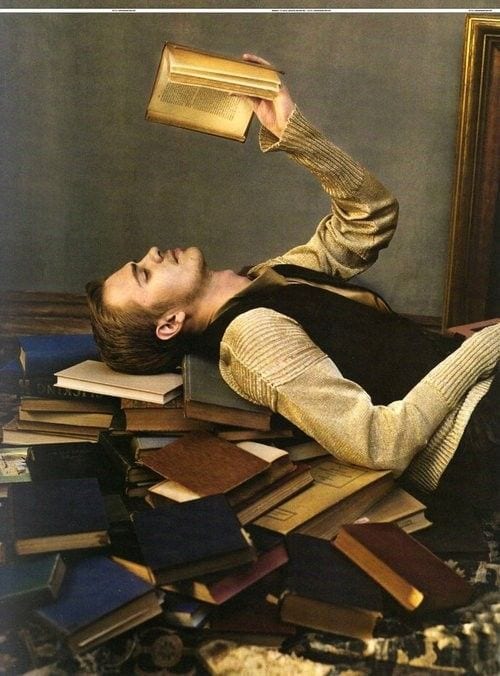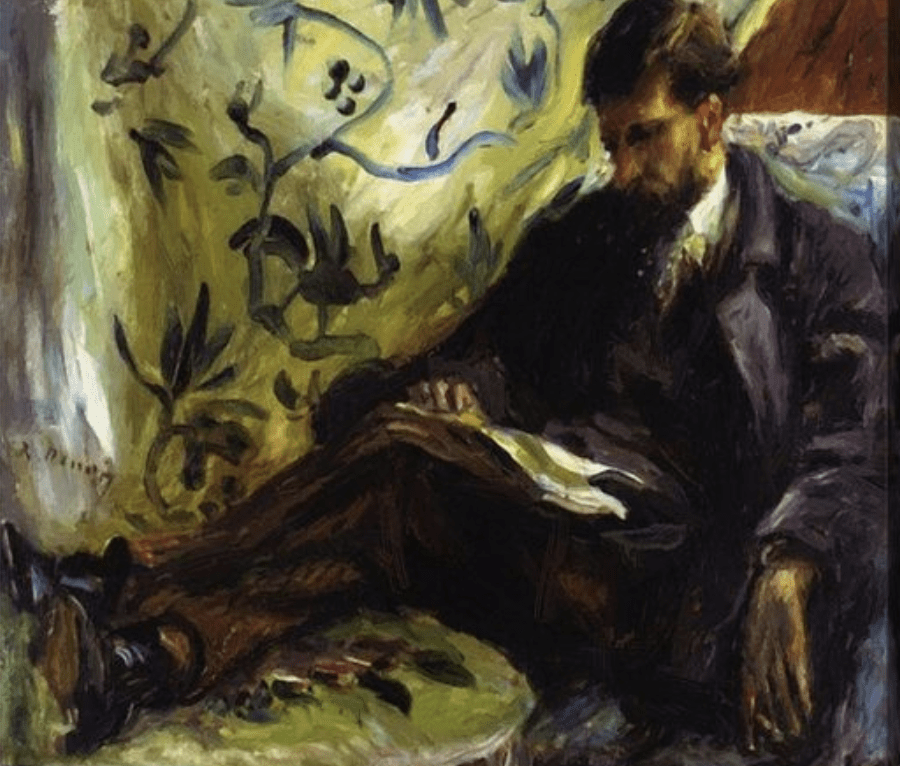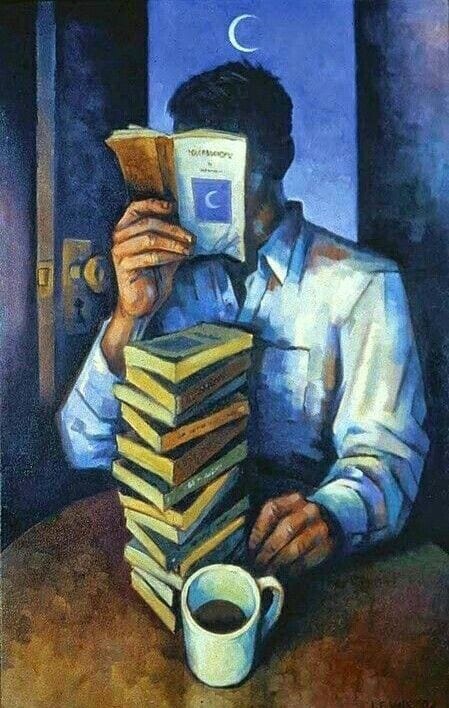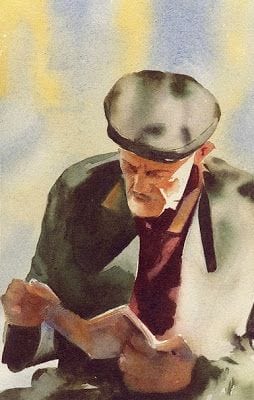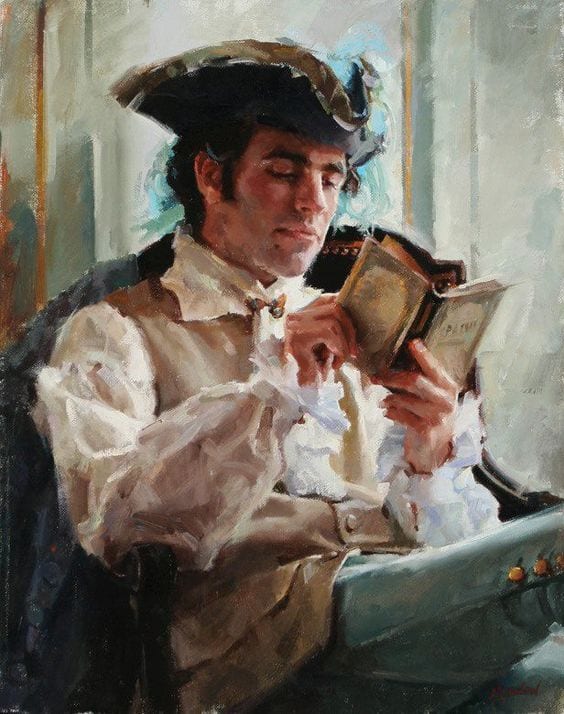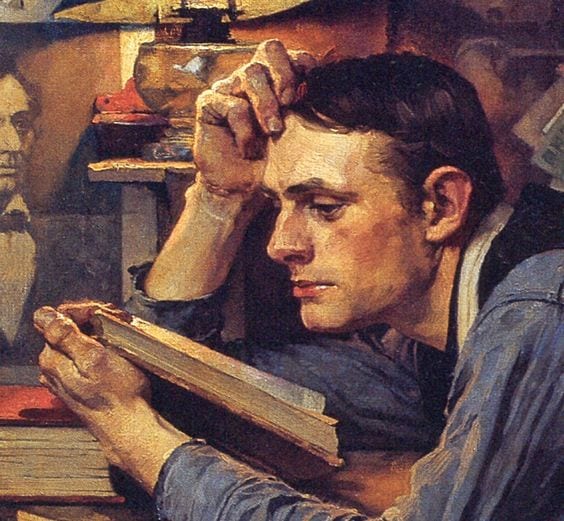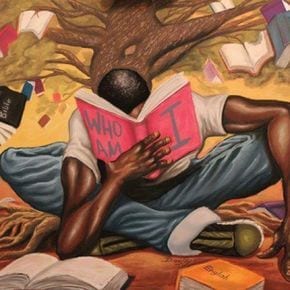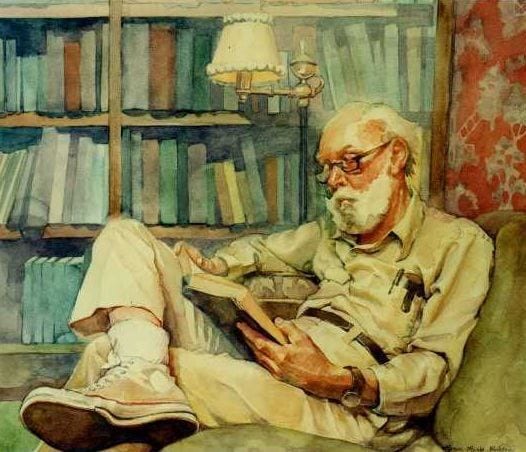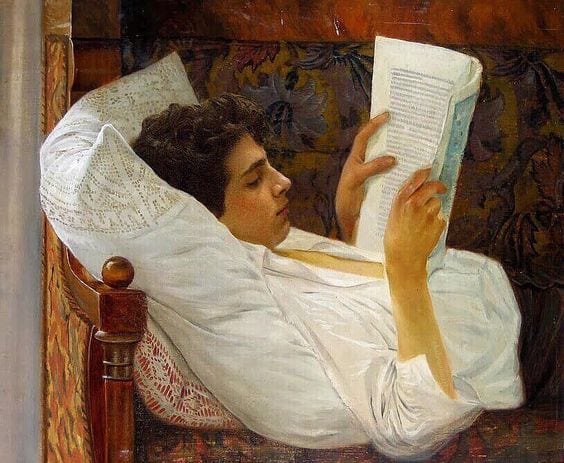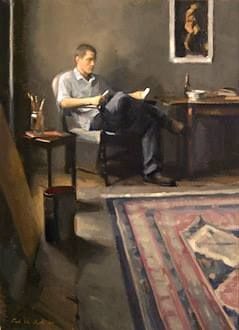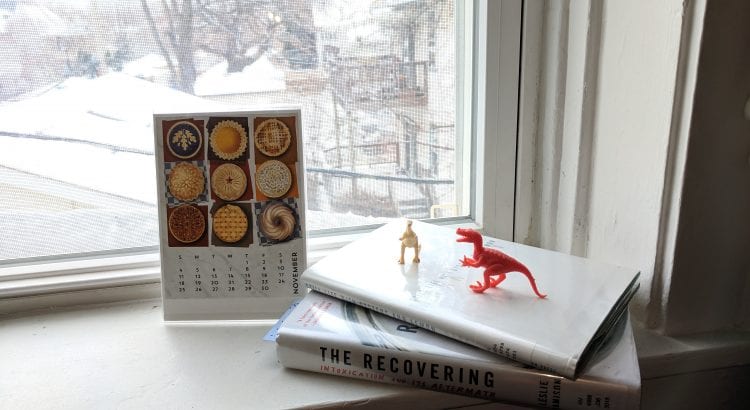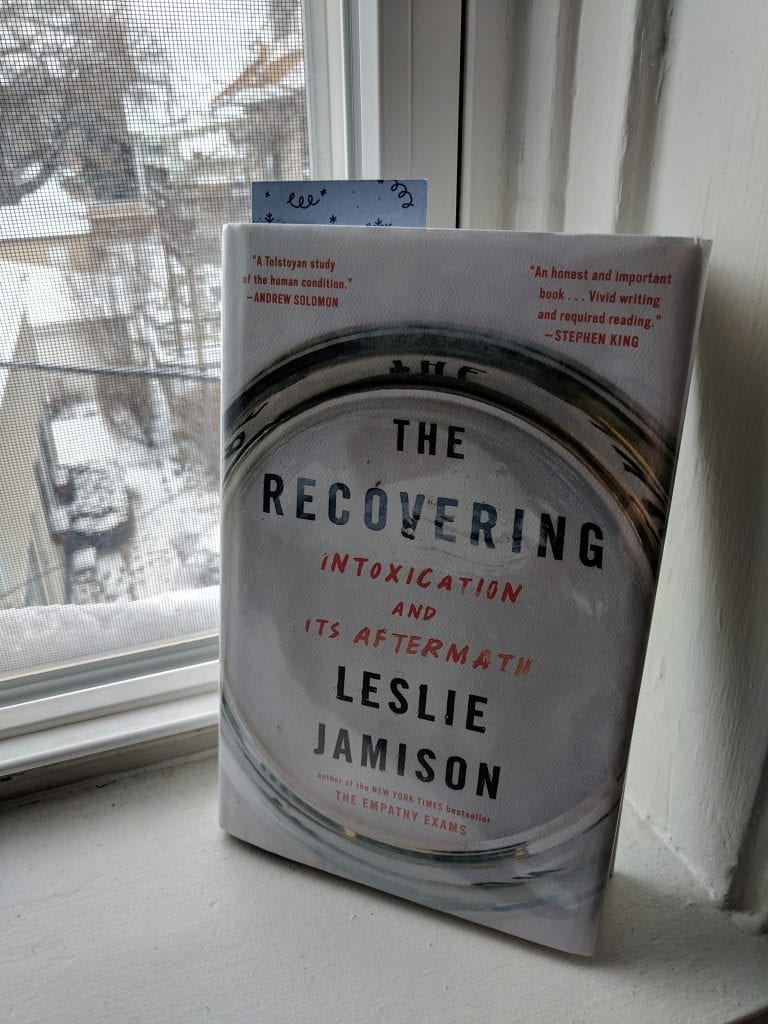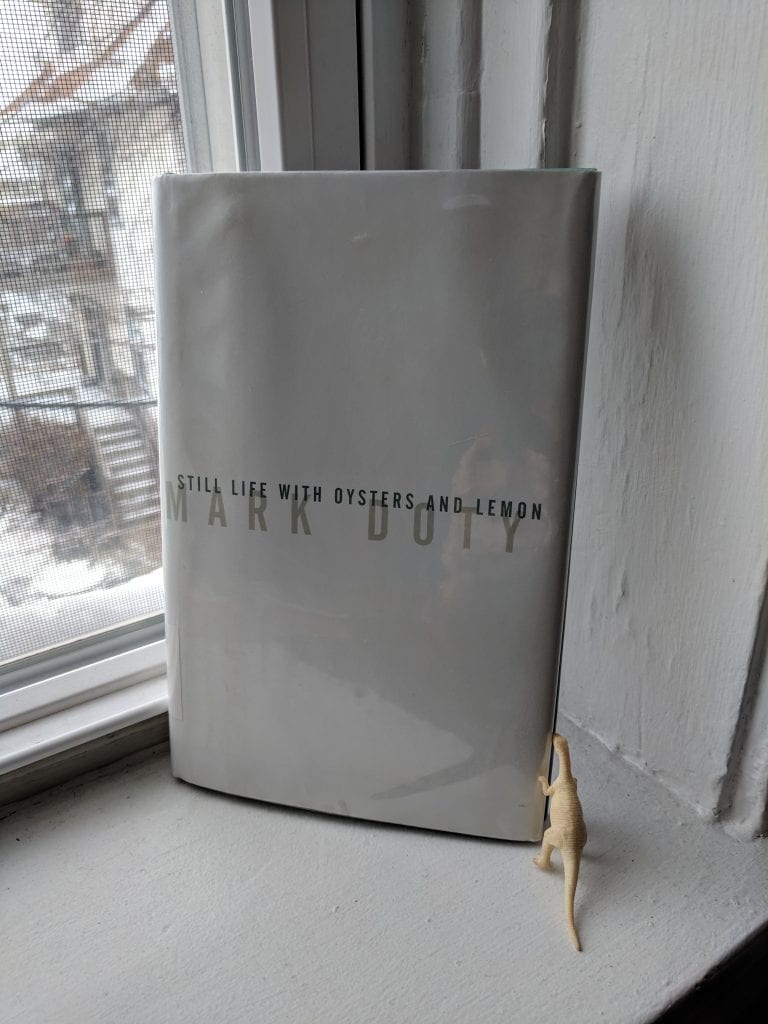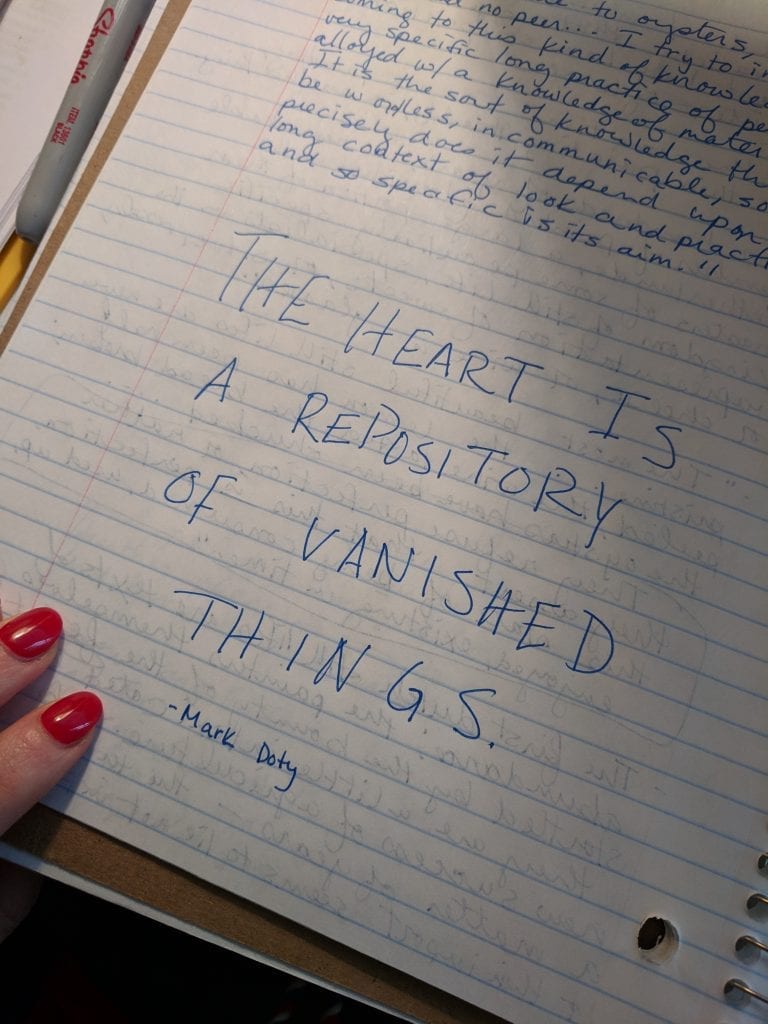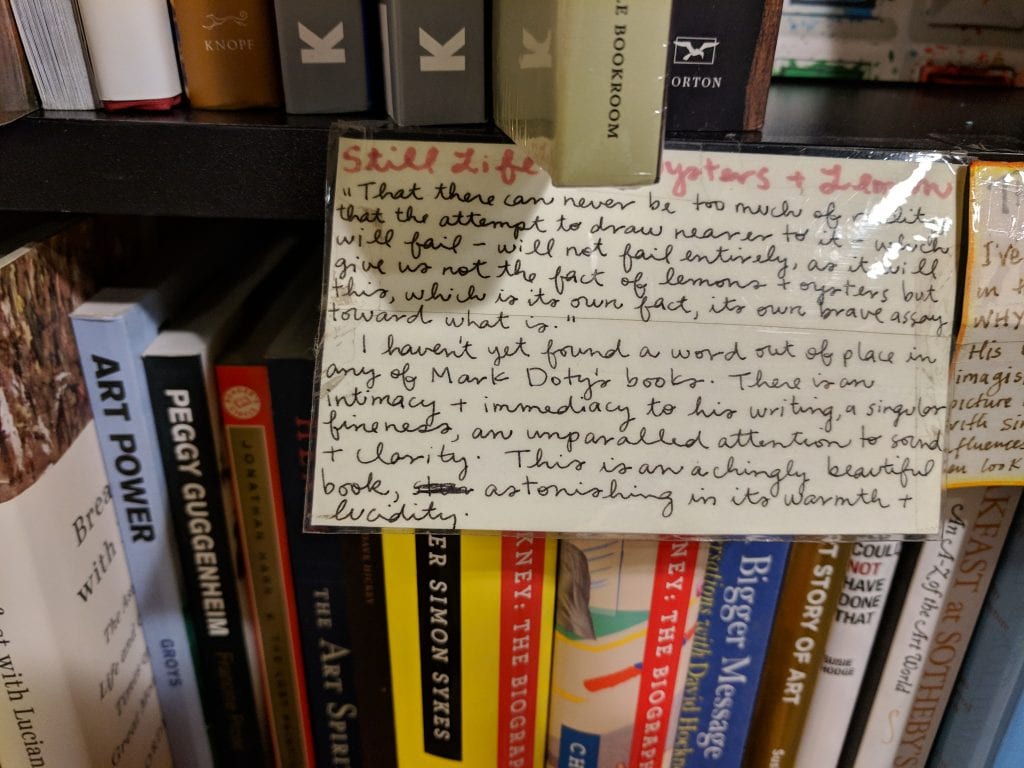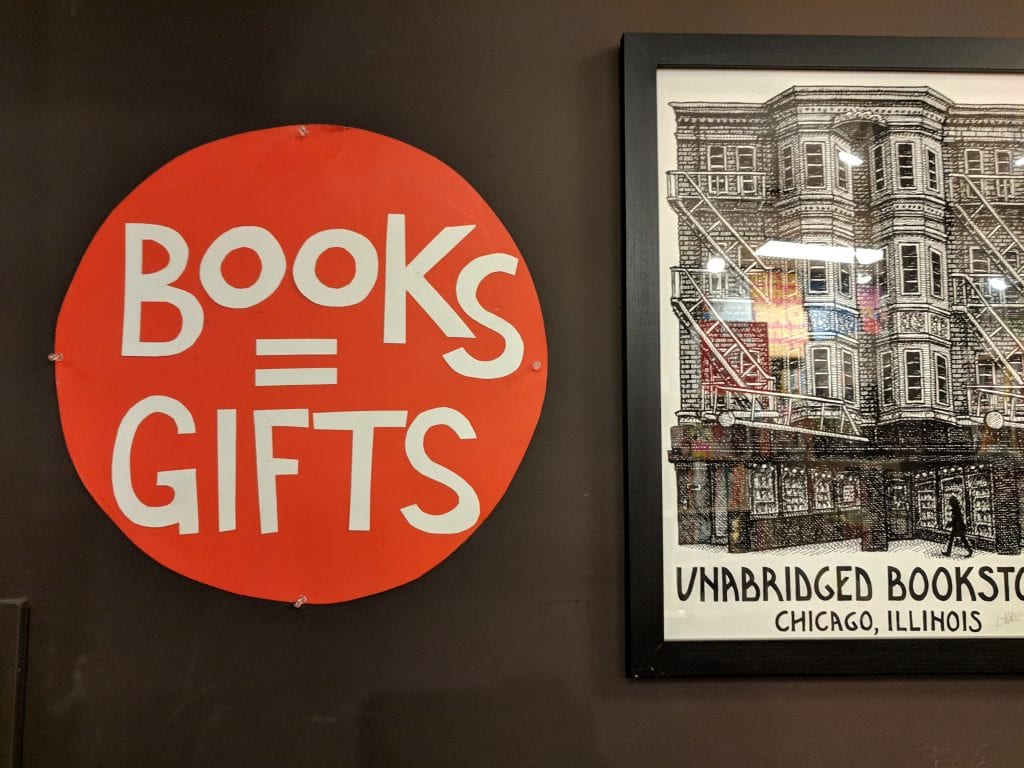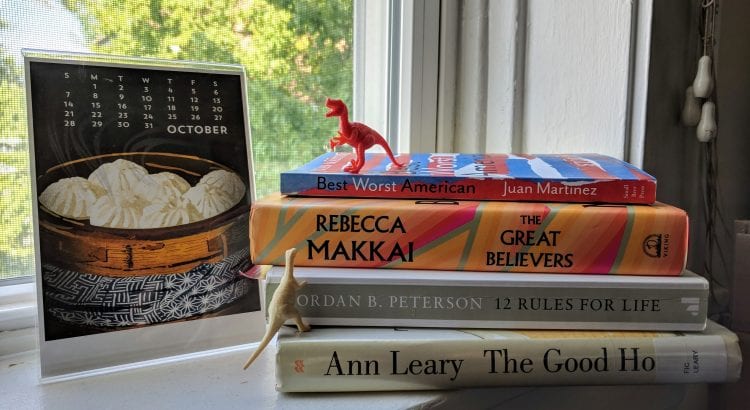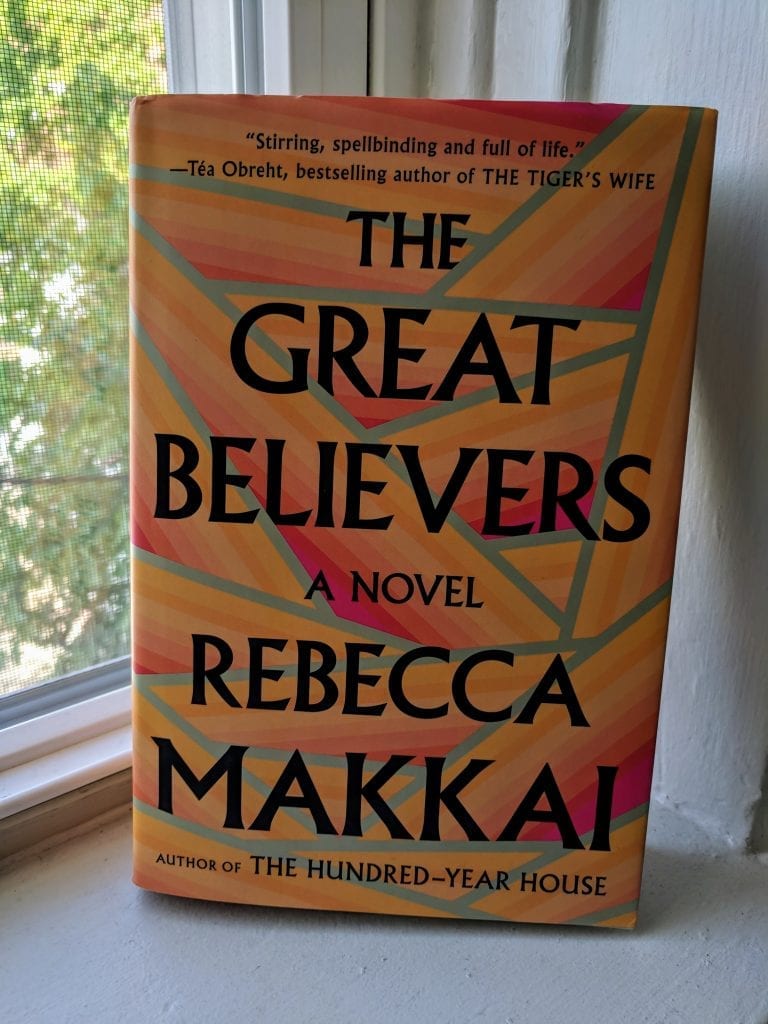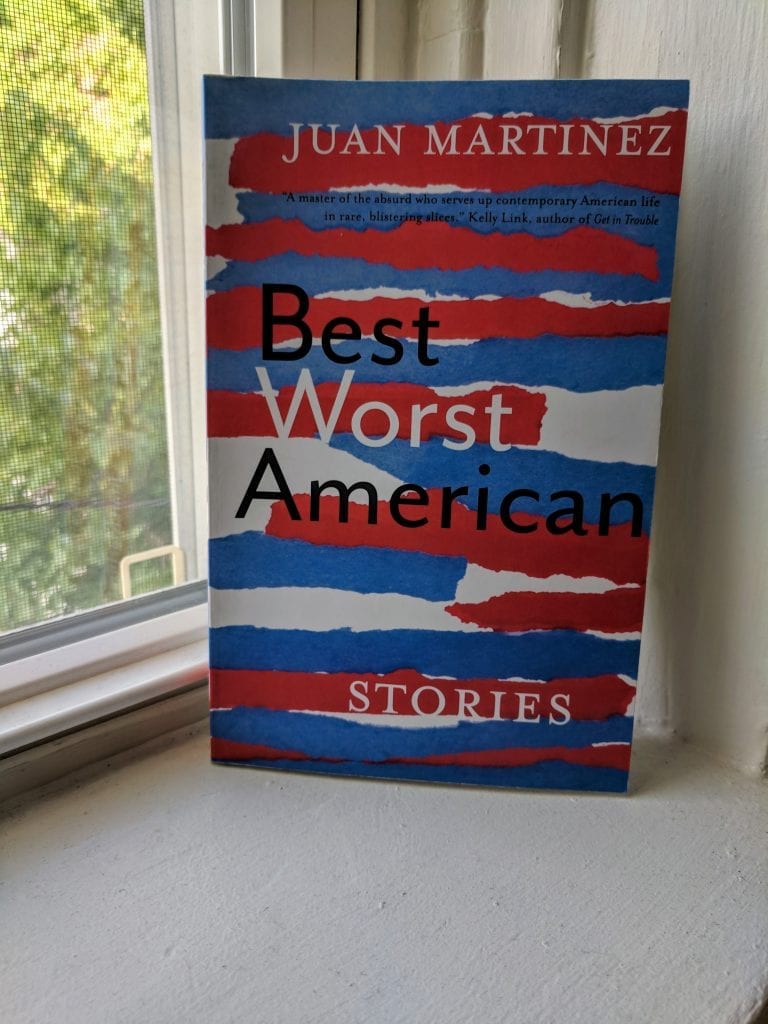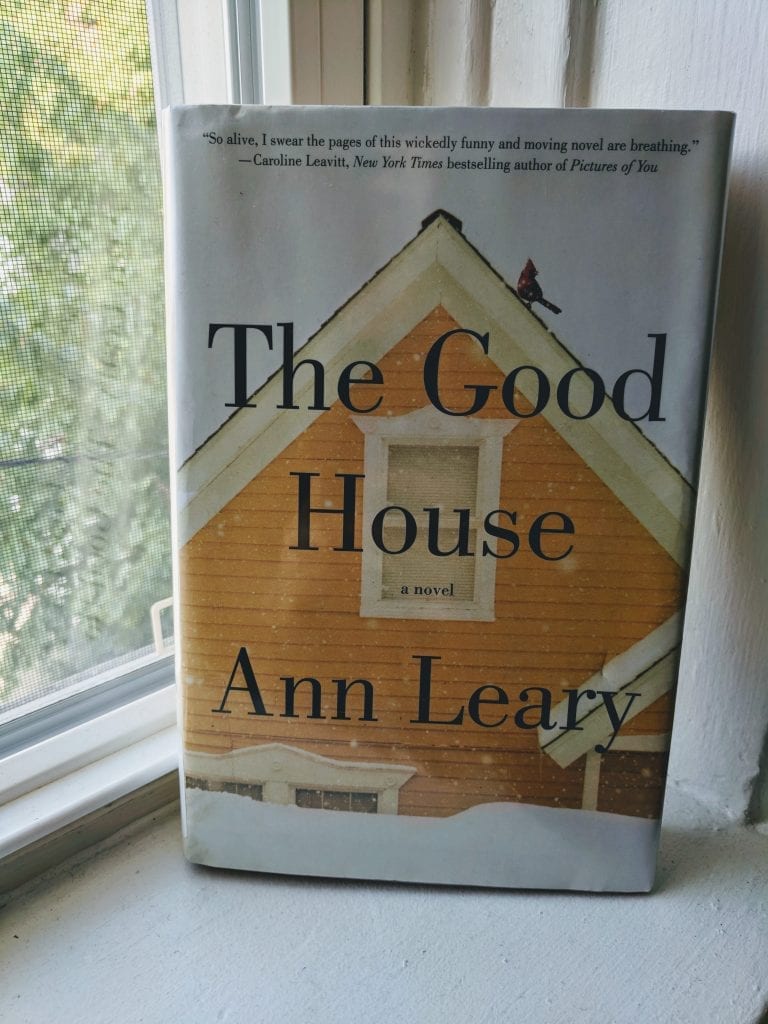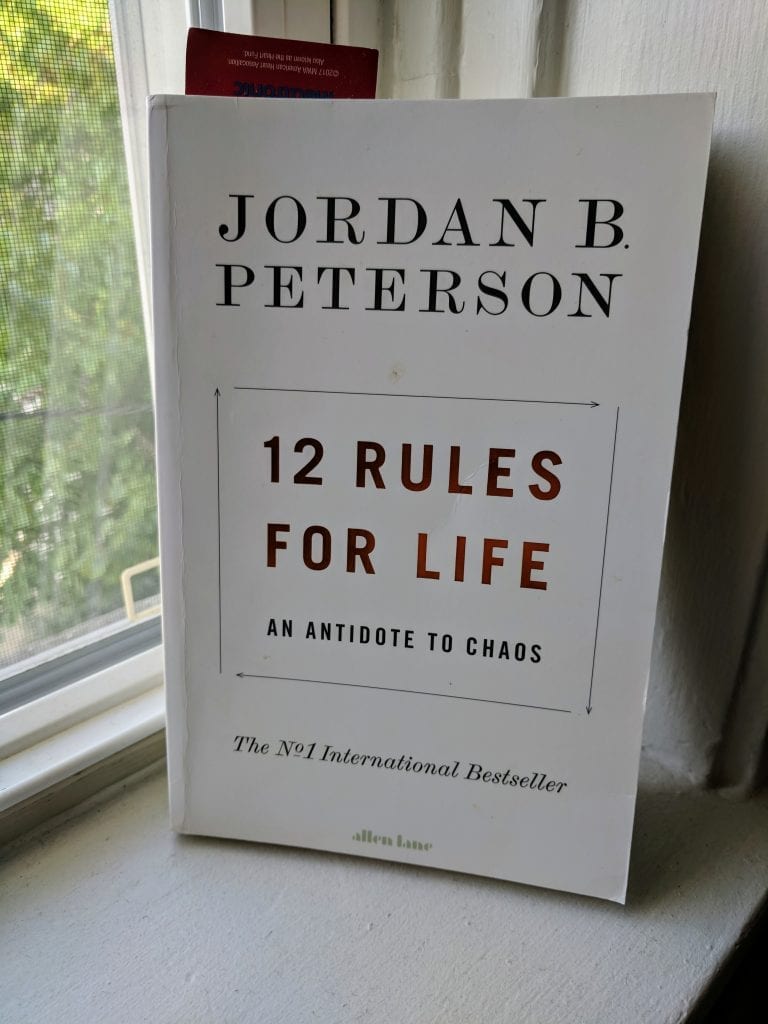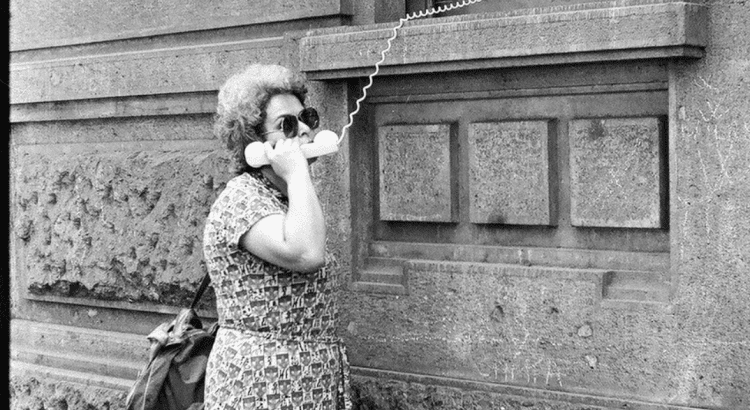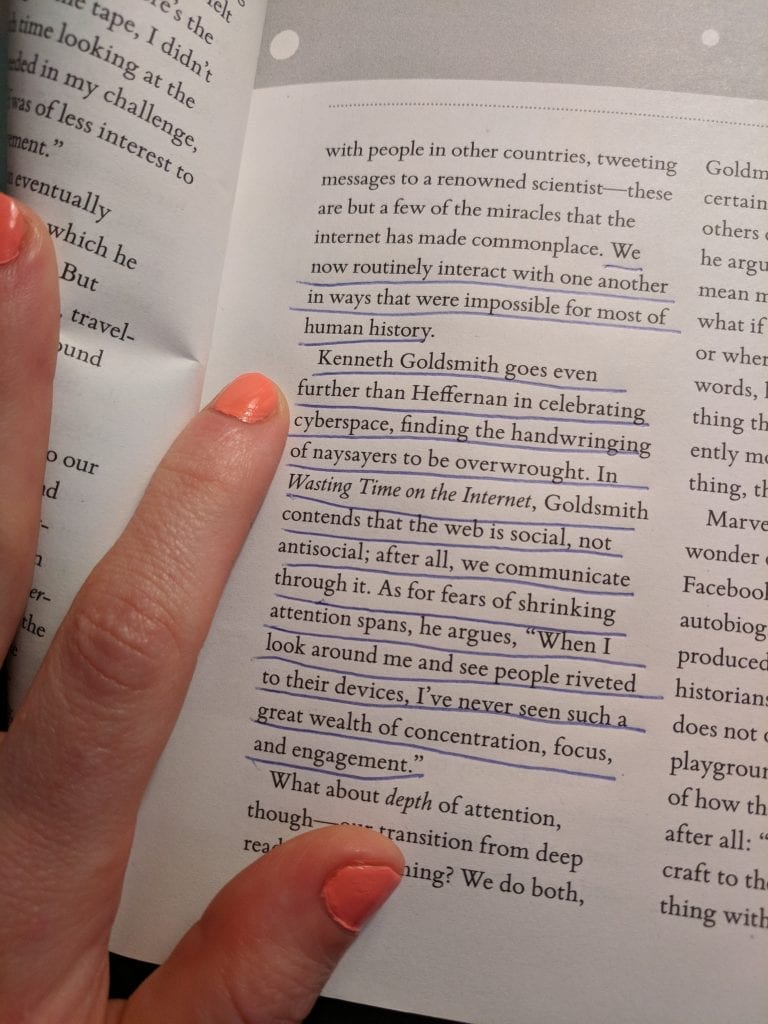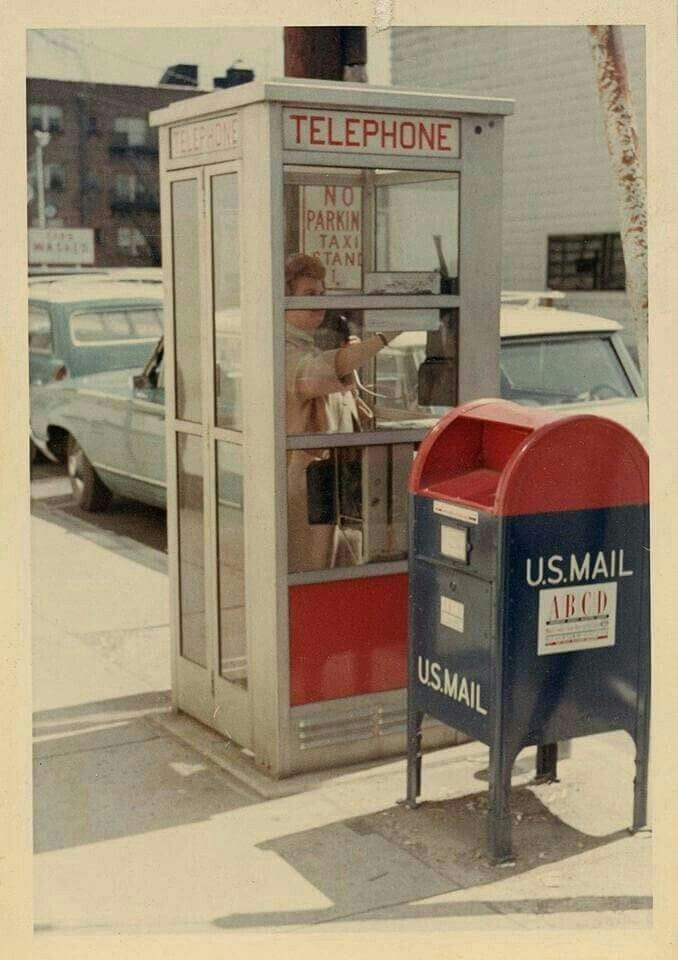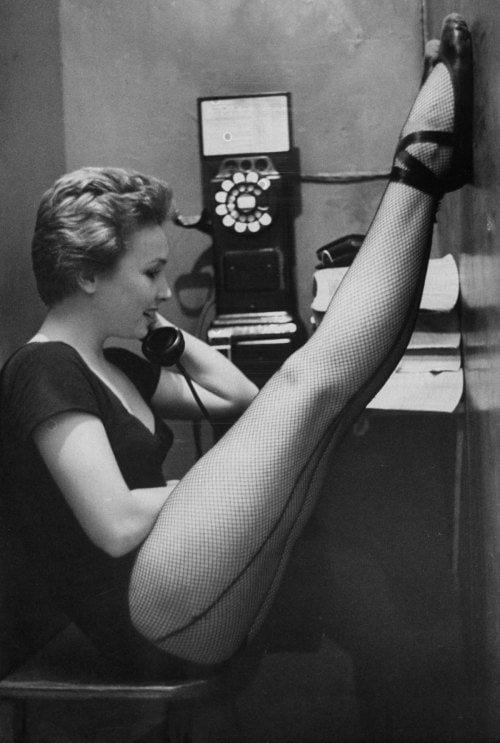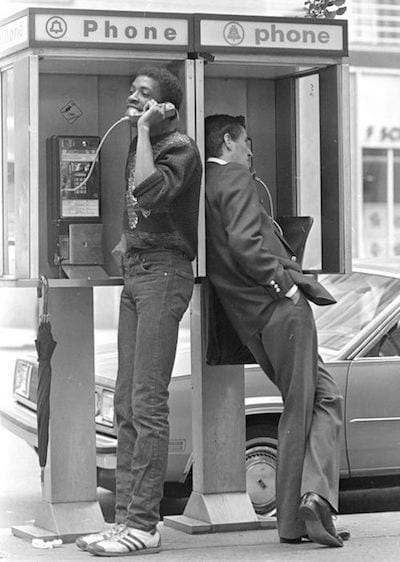Remember that age-old party game question: If you could have any super power, what would it be?
I am always prepared for this one because I always answer the same thing: My super power would be the ability to put my hand on a book and immediately have read, understood, and retained all of it.
Then I usually bow.
Because it’s a really great answer. (One I definitely stole from some awesome adult who answered with that when I was a kid.)
I mean, there are definitely books (most books, in fact) that I’d want to take the time to read during my superhero holidays on a secluded beach somewhere, but how cool would it be to read some books faster?
Particularly, nonfiction self-help sorta books. The kind that you’re interested in learning more about, but of which dedicating the time to reading all 200 pages (about, ironically, something like how to manage your time) is a no-go.
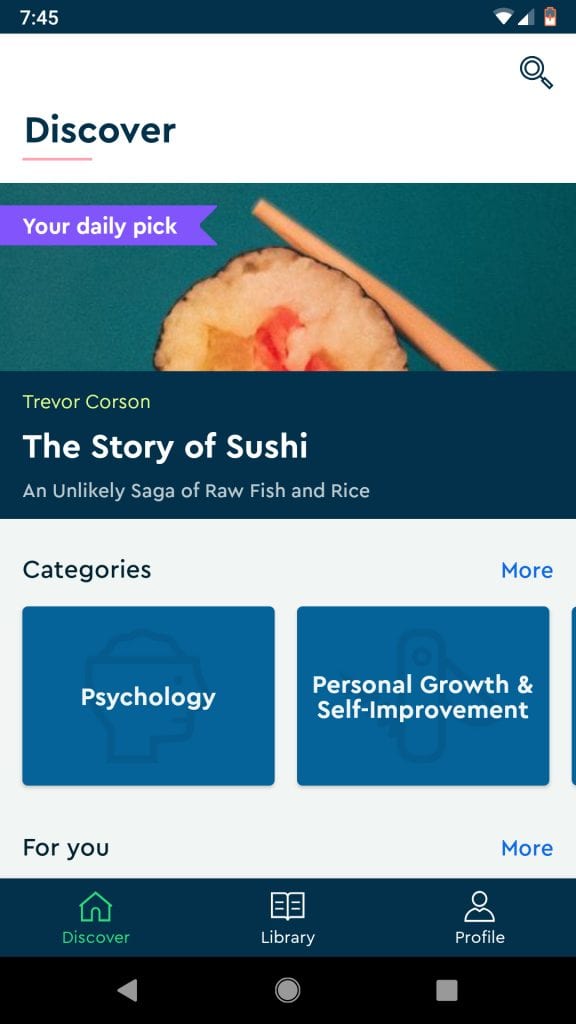
It’s a bird! It’s a plane! It’s Blinkist!
My favorite new app. I’m still in my free trial week (they’ll let you test it out for seven days before making you pony up—$7.50 per month or $89.99 for the year), but I’ve already decided to, well, pony up. I’ve had my free trial for about two days and have listened to 12 books already.
How it works: Blinkist’s profesh readers (hello, dream job) read self-help, business, and other nonfiction books and then distill each book down to ~15 minute synopses that you can read or listen to. I love it! I just pick a book, pop on my wireless headphones, and listen to the “blinks,” as the book breakdowns are called. I feel productive and have learned a lot listening to them while I do chores around the house, walk to the grocery store, or ride the CTA to the latest superhero convention.
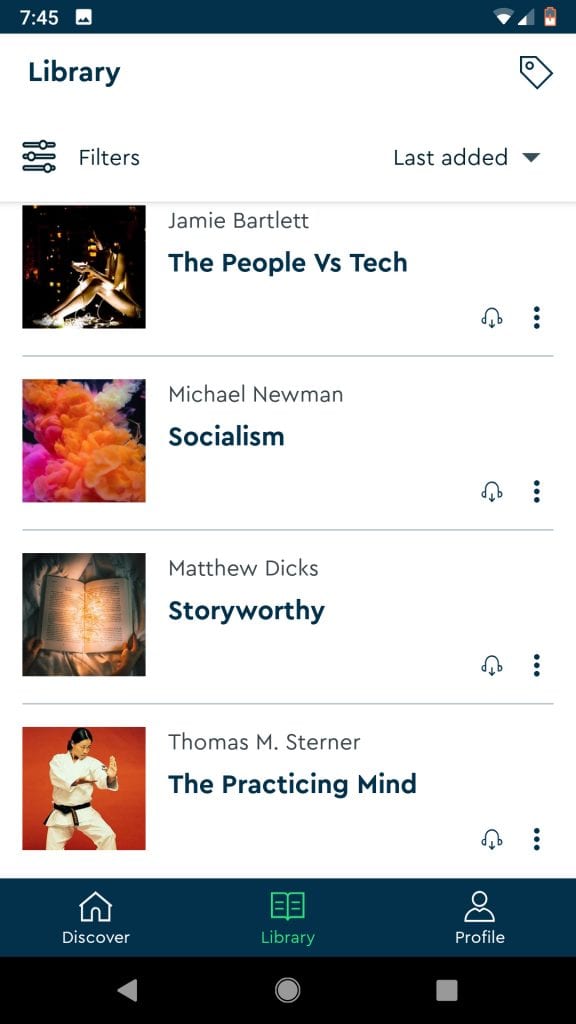
Granted, you’re not going to get as much out of the book as you would reading it cover to cover, but with the books I’ve been hitting up with Blinkist (ie. “The Story of Sushi,” “5 AM Club,” “The Subtle Art of Not Giving a F*ck,” and “The Gentle Art of Swedish Death Cleaning” (ha!)), I get the key takeaways. And that’s really all I want out of books like that anyway.
Try it for yourself or check it out here! And let me know if you have any good “blink” reccos … and/or a better super power wishlist Q&A response.
